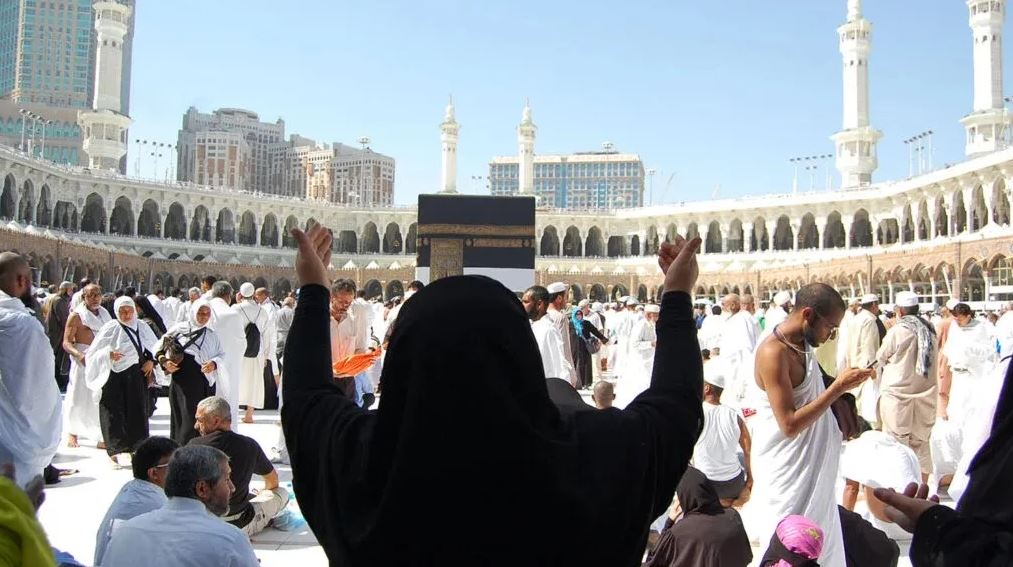
Pakistani Women Granted Conditional Permission to Perform Hajj Without Mahram
In a landmark decision, the Council of Islamic Ideology (CII) has granted conditional permission to Pakistani women to perform Hajj without a mahram, a male guardian. This decision comes in response to a query from the Religious Affairs Ministry, which sought the council’s opinion on the matter.
The CII’s conditional nod is based on the provisions of sharia law as interpreted by the Jafria, Maliki, and Shafi’i schools of thought, which allow women to perform Hajj or Umrah without a mahram under certain conditions. These conditions include:
- Permission from parents or husband: A woman must have the permission of her parents or husband to perform Hajj without a mahram.
- Company of trustworthy women: A woman must travel with a group of trustworthy women when performing Hajj without a mahram.
The CII has also recommended that the Religious Affairs Ministry carefully scrutinize Hajj groups in which women intend to perform Hajj without a mahram.
This decision is a significant step forward for women’s rights in Pakistan. It will allow women to participate in one of the most important pillars of Islam without facing unnecessary restrictions.
It is important to note that the Hanafi and Hanbali schools of thought do not consider Hajj to be an obligation (farz) for women if they do not have a male mahram. However, the CII’s decision is based on the provisions of the Jafria, Maliki, and Shafi’i schools of thought, which are widely followed in Pakistan.
The Saudi government has also allowed women from across the world to perform Hajj and Umrah without a mahram since October 2021. This decision was made in an effort to make Hajj more accessible to women and to promote gender equality.
The CII’s decision is a welcome development that will empower Pakistani women and allow them to fulfill their religious obligations without undue restrictions. It is hoped that this decision will pave the way for further progress on women’s rights in Pakistan.







